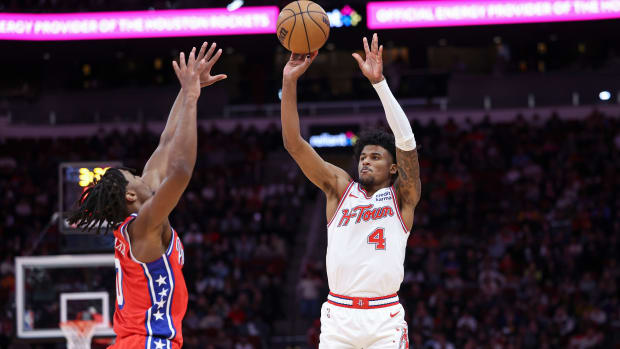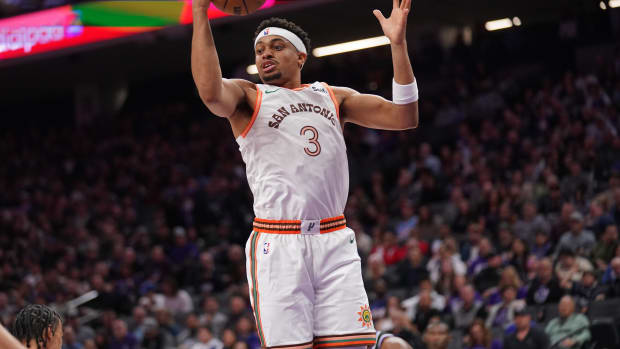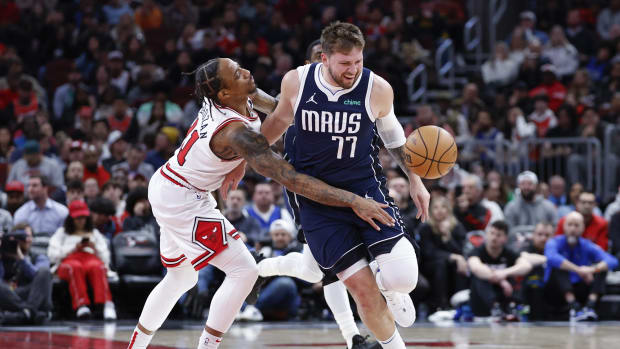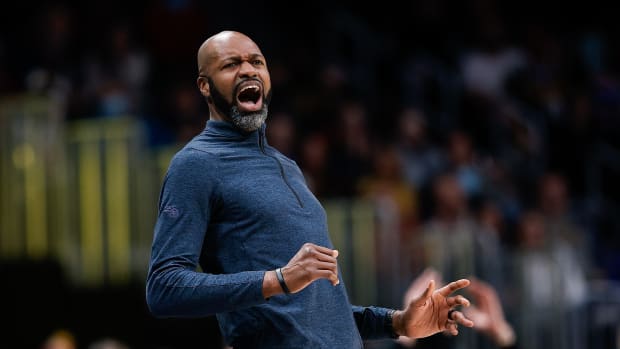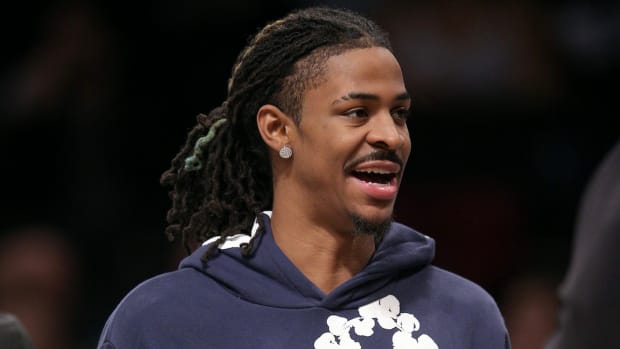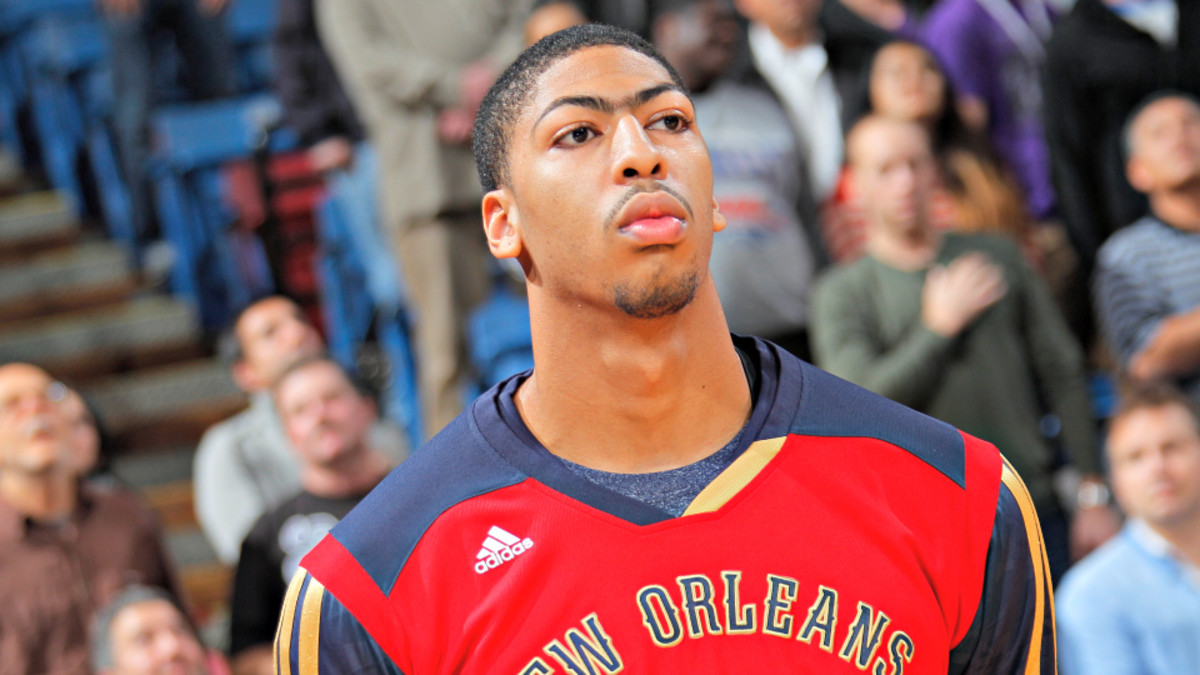
After a season marred by injury, the Pelicans move onward and upward
Life in the Western Conference is brutal and unforgiving. The teams loaded with talent must still be near perfect come playoff time, as a championship run might necessitate four series against other plausible contenders. The teams on the edge of the playoffs might be disqualified due to a single loss, as was essentially the case with last year's Suns. The prospects are even more grim for those teams that suffer injury; a down swing for even a few weeks could prove crippling in stacking up against the rest of the conference.
Offseason grades: Southwest Division
This, the Pelicans know all too well—not because they were predestined to make the playoffs or denied their push for a title, but due to the degradation of their lineups as a result of multiple injuries. Ryan Anderson missed three-fourths of the season due to a herniated disc in his neck. Jrue Holiday, who broke his leg in January, played just 34 games. Eric Gordon missed 18 games largely due to tweaks in his knee and Anthony Davis—who otherwise broke out into superstardom—missed 15 games of his own. In the final balance those absences held New Orleans to just 34 wins, some 15 shy of the Mavericks on the playoff cusp.
Such was a tough turn for a team that had, in its construction, made hefty salary commitments and given up long-term assets for the sake of moving forward. Holiday is the most notable case, as the Pelicans surrendered two top 10 picks (yielding Nerlens Noel in 2013 and Elfrid Payton in 2014) in their acquisition of the 24-year-old point guard. That's not a move made lightly, nor one made without immediate competitive intent.
The same could be said of the substantial contracts doled out to Anderson (four years, $34 million) and Tyreke Evans (four years, $44 million) last summer. In all, these moves assembled a fascinating core around Davis: Talented players with some proof of production, none of whom was older than 25. The Pelicans' core five could then play and grow together over a long term, with every minute of some value in fostering development and continuity. Instead, the season itself ground the Pelicans against stone; one by one their ranks were thinned, all while Davis stretched to incredible lengths to keep his team afloat. Even their 34 wins—the 12th-best total in the West—was something of a triumph under the circumstances.
NBA GRADES: Atlantic | Central | Southeast | Pacific | Southwest | Northwest
With better health, the Pelicans will soon pick up where they'd hoped to begin. The fundamental difference is the play of Davis, who in the past year has come so far so fast as to reframe what the Pelicans might be capable of. They remain, even in the most idealistic conception, a flawed team; those core five players are sorely lacking as a defensive unit, particularly in guarding explosive scorers on the wing. Still, that core thrived in limited minutes together last season on offensive explosion alone. There isn't a single go-to scorer in the mix, but the combination of Davis, Anderson and Holiday stretches defenses to contortion on the basis of skill set alone.
The best games to watch of the 2014-2015 NBA season
Even after Anderson and Holiday missed so much time to injury, however, the Davis-led Pelicans came within a stone's throw of top 10 offensive efficiency. New Orleans could break that threshold in the coming season simply on the basis of having its supporting cast more consistently available. With any other development on the part of Davis or the Pelicans' other "young veterans," this offense could grow into high potency. That in itself would position New Orleans to be far more competitive this season, to say nothing of the defensive gains in returning Holiday to guard the perimeter and adding Omer Asik to clean up the back line. In those two aspects alone the Pelicans now have far more ability to defend the most consistently dangerous position in the NBA (point guard) and the most important space on the floor (the restricted area). Might that be enough to inch New Orleans, which ranked 25th last season in points allowed per possession, to defensive competence?
If so, the scope and outlook of the Pelicans' season changes entirely. One can dwell on the maneuvers of New Orleans' front office, which have been clumsy and at times dubious. The long-term success of this group, too, could ultimately be defined by its basketball limitations and salary obligations. Yet at present these Pelicans march to capability in a conference that all but demands it.































